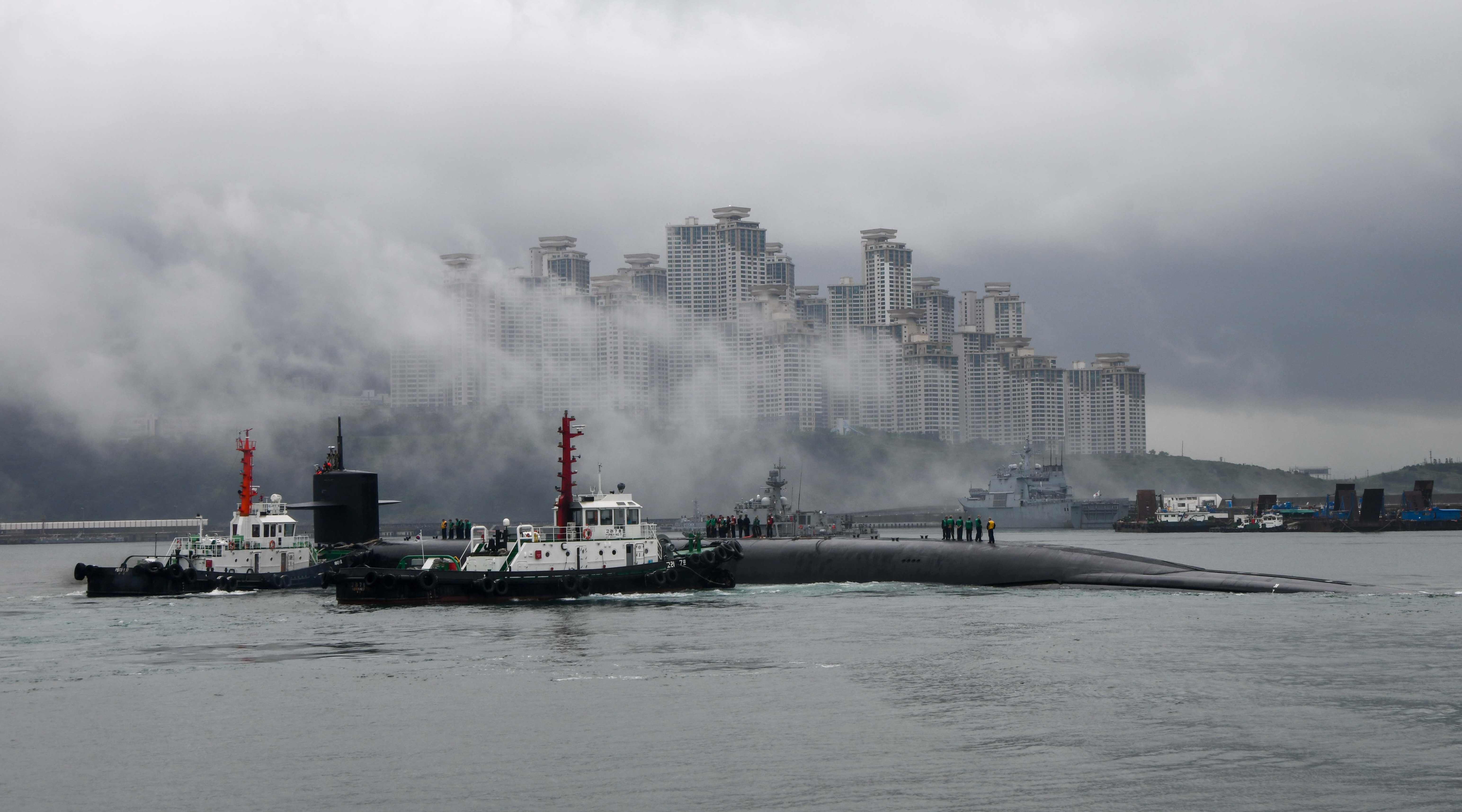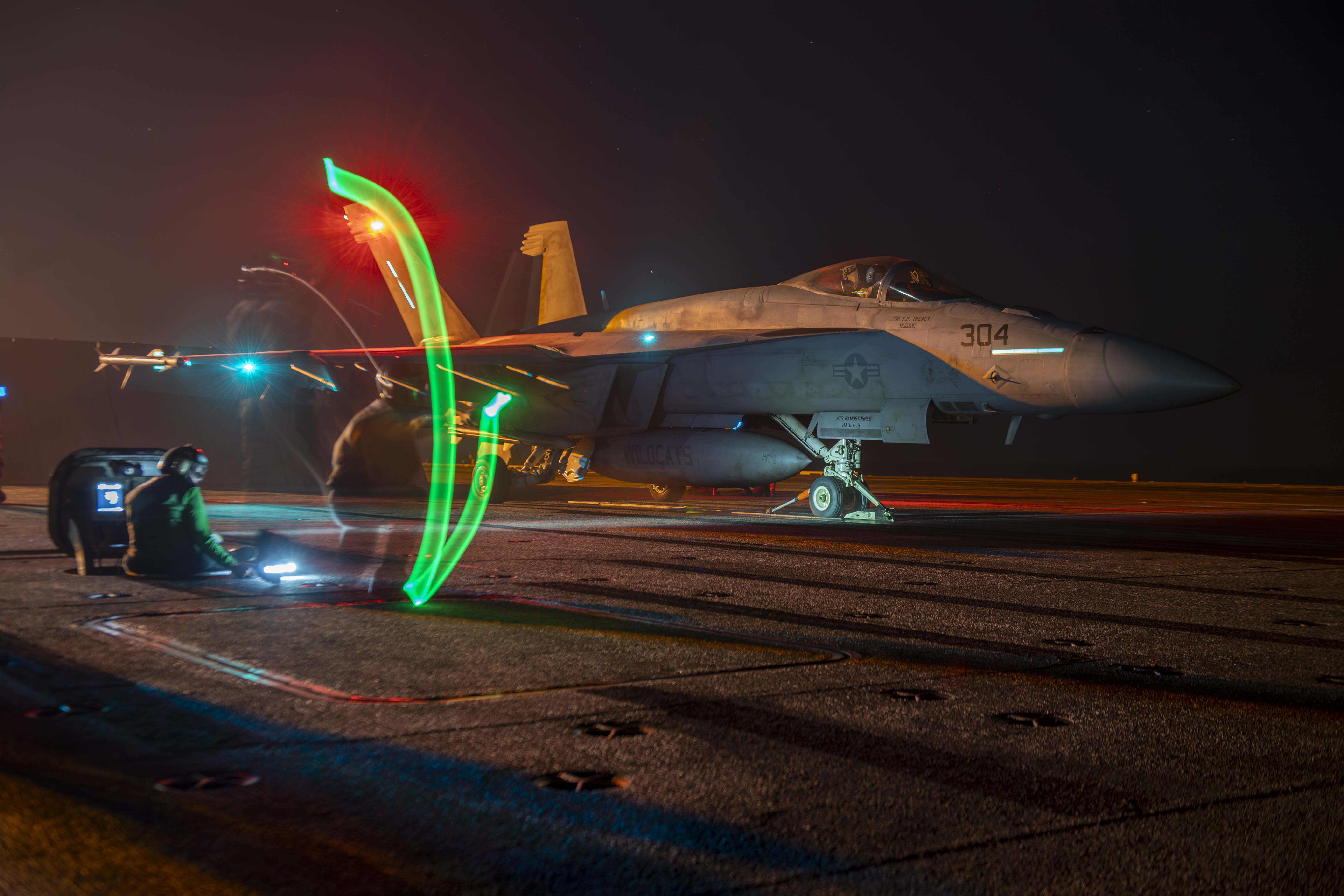
The Kremlin is wasting no opportunity to try dividing European and North American allies as a more aggressive Russia has crawled way back to the front stage as a military and political threat to NATO, according to a panel alliance experts.
Moscow’s persistent attempts to “divide and conquer” the western democracies started with the seizing of Crimea in 2014, said Raimundas Karoblis, Lithuania’s Minister of Defense, during an appearance Thursday at the Atlantic Council in Washington, D.C. Russia also is intent on splitting frontline states like his and the other Baltic nations from their allies and playing on the divergent security concerns of separating NATO’s northern partners from its southern members.
“We cannot lose our strategic patience” in deterring further Russian aggression and meeting new challenges it poses, Karoblis said. The Kremlin’s goal is to leave “western security organizations and institutions severely diminished” in less-than-combat operations. Three times this year, Karobilis said Lithuania had to blunt Moscow’s actions spreading disinformation in attempts to influence popular opinion and sway elections.
This year’s maritime and air defense exercises demonstrated that “what we have achieved together … is the real military big bang” that must continue, Karoblis said.
Next month, NATO’s leaders are scheduled to meet in London, where they will mark the alliance’s 70th anniversary. Edward Ferguson, special counsel from the United Kingdom’s ministry of defense at its Washington embassy, said the alliance has several recent achievements to highlight.
NATO members have increased defense spending, beefed-up the presence of U.S. and other nation’s forces near the Russian border and stood-up a command for the North Atlantic and stepped-up exercises since Russia’s moves on Ukraine, Ferguson said.
“But the threats keep changing,” most recently Moscow’s “sabotage of the INF treaty” in its deployment of medium-range cruise missiles on its borders, he said.
The re-awakening in the alliance of the necessity of having forces quickly available on the continent or in nearby waters to respond to immediate threats is significant, Ferguson said. Realizing “reinforcement [from the United States] is not enough” to hold off an aggressive Russia, the alliance created a plan dubbed the “four 30s — having 30 air squadrons, 30 combat battalions, 30 warships” in position within 30 days to demonstrate deterrence in a crisis.
The alliance needs to “maintain its technological edge,” Ferguson said. Russia’s development of hypersonic glide missiles and China’s expertise in artificial intelligence and quantum computing are “technologies that change fundamentally the future of war.”
However, nuts and bolts issues — improving highways, bridges, airports seaports and customs policies restricting border-crossings — also need work. These issues limit the effectiveness of any NATO response, Ferguson said.
The European Union “has the tools and ability to invest in transport infrastructure” and simplify border-crossing regulations, said Marta Kepe, a defense analyst at RAND Corporation. The union understands “the ability to move fast … provide decision-makers with the ability to use forces.”
Lithuania has been investing heavily in these “host nation” needs, Karoblis said. The United States needs to recognize that spending on infrastructure projects is part of burden-sharing
“One area we need to work is mobility” from the U.S. Atlantic Coast ports, said Rep. Ruben Gallego, UK(D-Ariz.). The U.S. military is addressing mobility issues by rotating Army airborne units overseas and by placing Marine Corps rotational units in the North Atlantic, he said. But such acts are not enough.
“The biggest fear is Russia presenting us with a fait accompli before we even get started,” Gallego said.





